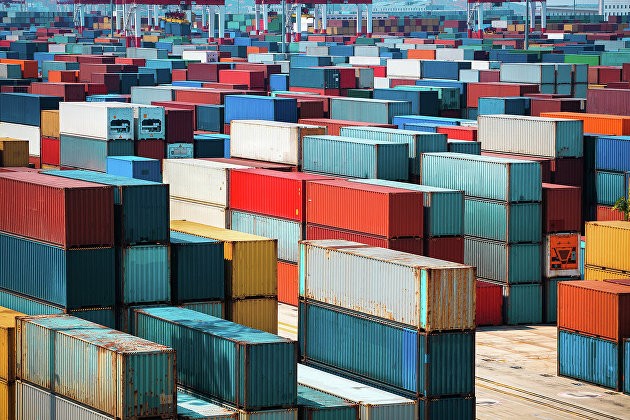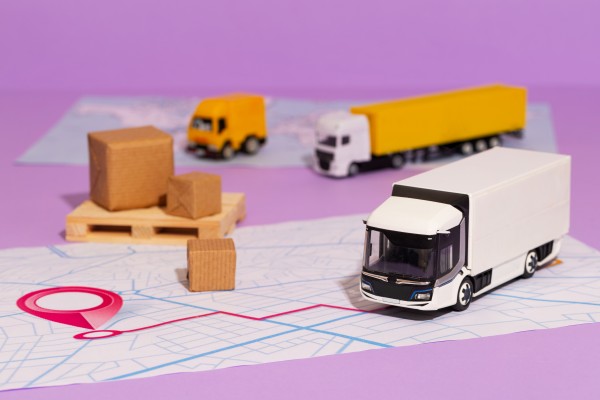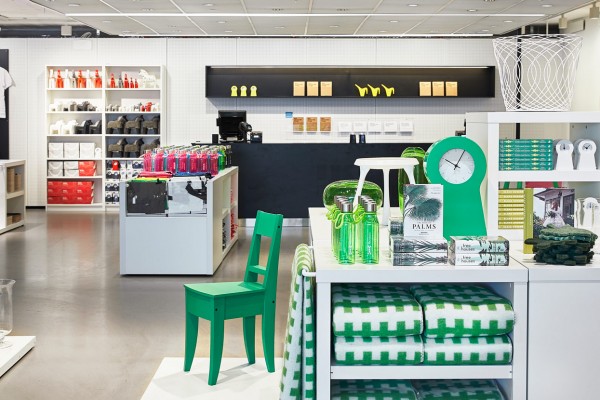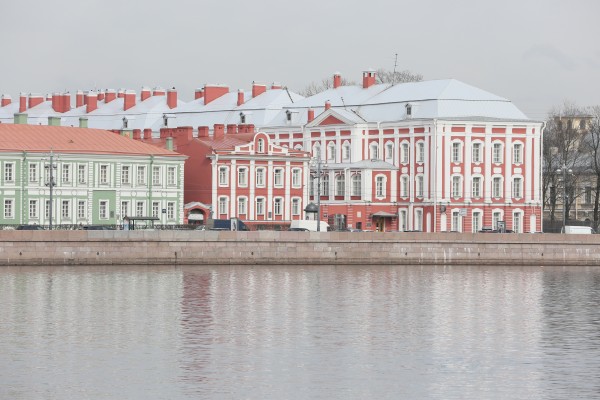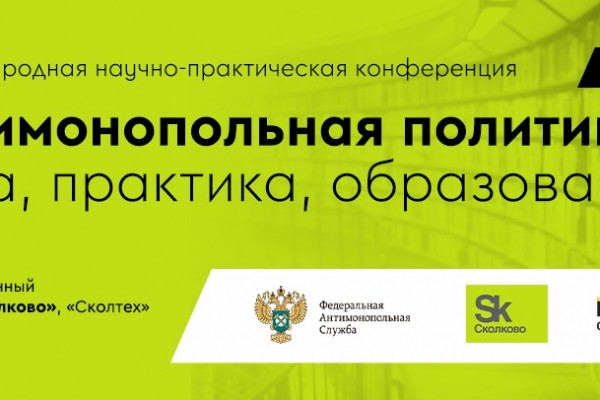Imports into Russia without the permission of the right holder will soon be legalized. Previously it was seen as a way to increase competition, now it is seen as the only way to deliver critical products.
The fact that the government now has the opportunity to legalize so-called parallel imports, head of FAS Maxim Shaskolsky reminded deputies, speaking at the State Duma on March 10; before that the relevant law on the powers of the Cabinet of Ministers came into force. The head of Rospatent Yuri Zubov said that a specific list of goods, which should be covered by this rule, is already in development. At the same time FAS holds meetings with the market participants — the day before the Office discussed the draft regulation on parallel imports with Wildberries.
In Russia at the moment the principle of national exhaustion of rights is established: the right holder officially puts his goods into circulation in Russia, and from this moment any intermediary can resell them without asking the permission of the producer. There are two other concepts in the world: regional (which deprives the author of a product of exclusive rights if the circulation begins within a certain region, for example, in the EU) and international (in the USA, the UK, Japan, China) - it is this concept that the system in Russia is proposed to change to. The principle is simple: any entrepreneur can ship to Russia original products of a foreign rights holder that have been legally purchased abroad, without asking the latter for permission. Now, we would remind you, this can only be done by official distributors, according to the rules and in the quantities that the manufacturer has agreed upon for them. "Unauthorized" suppliers are parallel imports.
Alexey Ivanov, Director of the BRICS Competition Law and Policy Centre and the HSE-Skolkovo Institute for Law and Development explains:
"The national principle of exhaustion of intellectual rights, by which we have driven ourselves into the current situation, has been in effect since 2006. Back then, there was a consumer boom in Russia, people were flowing from “Cherkizon” to glamorous boutiques. And the West, to put it bluntly, imposed this idea on us because global companies were interested in monopolizing these new markets and skimming the cream off the growing consumer market. It's too bad we didn't legalize parallel imports in calmer times; it would have saved us from today's shock”.
At the same time, the expert believes that even now the transition to the international principle will save some sectors of the economy, even despite the above-mentioned collision with the warranty service.
"Under normal conditions, this problem is solved in all countries - in particular, in the United States, the manufacturer is obliged to open the information for maintenance and issue a license, otherwise he will be accused of abuse," he says. — Of course, we are in a different situation, and if Apple doesn't want to work in Russia, we won't be able to force it to open the documentation to service the smartphones brought in parallel. But remember, for many years Apple did not have a service center in Russia at all, until the Federal Antimonopoly Service forced them to open one. And parallel imports will certainly be a lifesaver for less technological areas. We are not currently suffering from the loss of the iPhone, we are in a full-fledged economic blockade. And the possibility of alternative channels of delivery will help both the consumer and those who will be engaged in these supplies, the new shuttle traders".
Read the full article.
